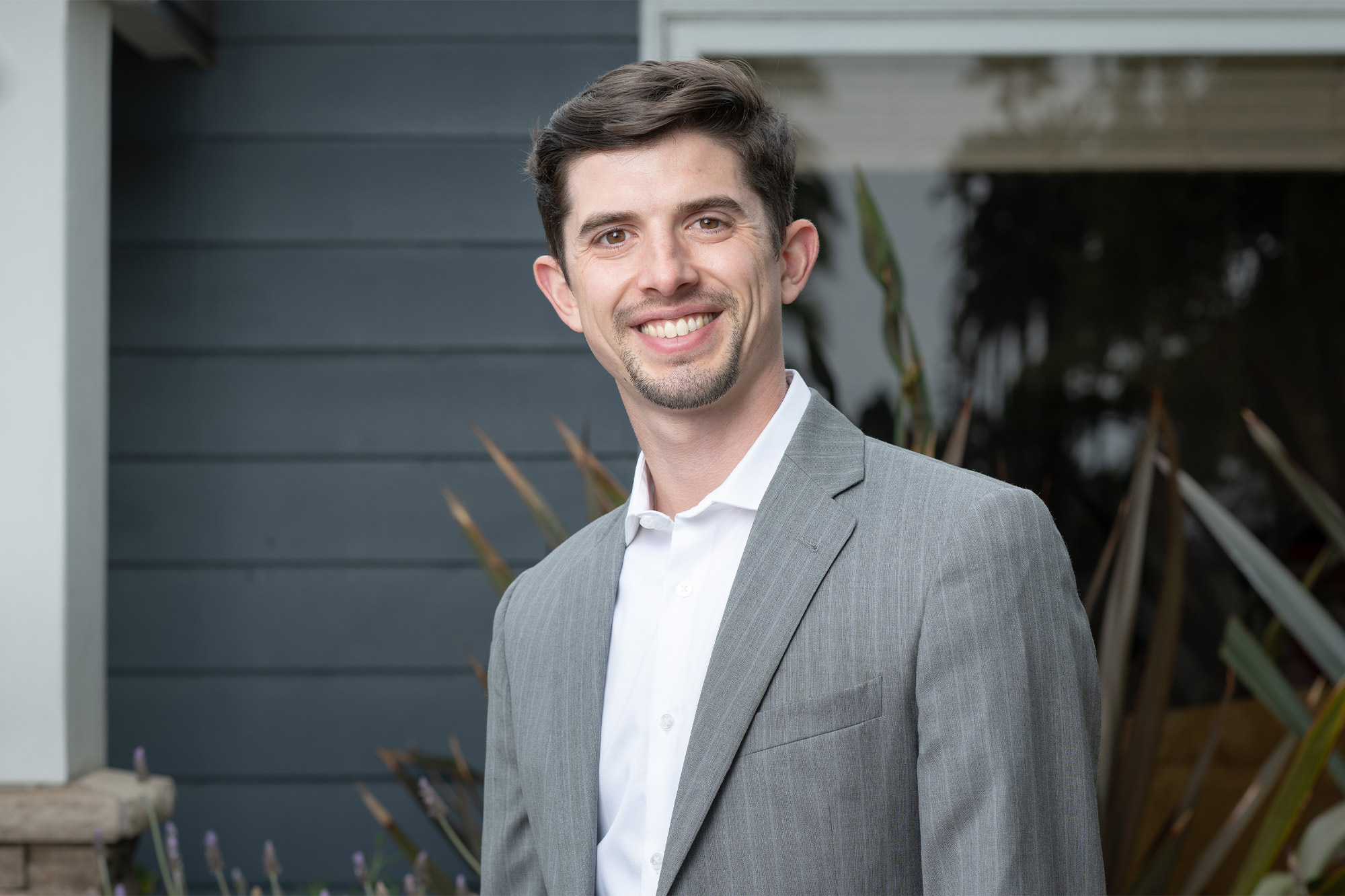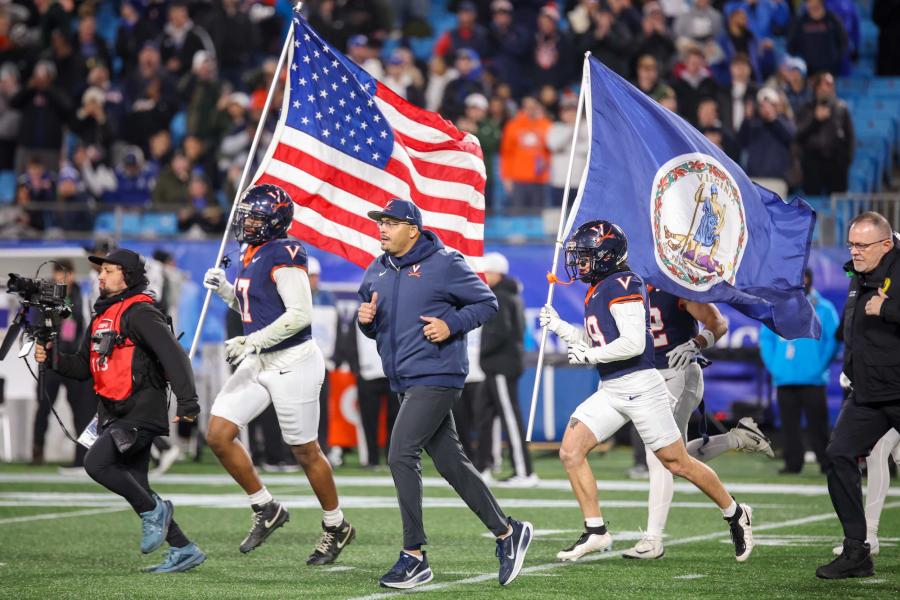When Jeremy Bennie, a 2018 graduate of the University of Virginia’s School of Law, sat in professor Rip Verkerke’s Labor and Employment class as a first-year student in the spring of 2016, he considered it an interesting intellectual exercise – nothing more. Originally from Massachusetts, Bennie had plans to become a public defender after earning his J.D.
But life has a way of unfolding on its own terms, and five years after graduating, Bennie now finds himself monitoring Hollywood picket lines and de-escalating tensions that can flare as members of the Writers Guild of America – his employer – strike to protest declining pay and royalties in the digital streaming age. While the opposing sides are at an impasse, virtually all new television and movie productions have been put on hold.
“Working in the labor movement never really crossed my mind, so I definitely did not think that I would be here,” Bennie said from his home in Long Beach, California, which is within walking distance of the Pacific Ocean.
Working “here” means on studio lots outside major production companies, where celebrities and musicians, including Kerry Washington, Jason Sudeikis and Tom Morello, are showing up with doughnuts, pizza, signs and instruments to support and entertain the strikers.
“Our members aren’t really choosing to do this – they’re doing this because they have to stand up for themselves,” Bennie said. “The profession of writing as we know it is at stake, so I really admire our members for taking this stand.”
Although the guild last struck in 2008, well before Bennie joined the organization, this writers’ strike is not his first rodeo. As he had suspected back at UVA, he went on to become a public defender after interning during law school at the Public Defender Service for the District of Columbia and the Charlottesville-Albemarle Office of the Public Defender. Immediately after graduation, he joined the Bronx Defenders, a nonprofit legal provider in the New York City area, in their Criminal Defense Practice.
Almost immediately, Bennie said, he recognized that his colleagues at the Bronx Defenders wanted more say in their working conditions, from better pay for all levels of employees to for-cause protections. He became one of the first employees to join an organizing committee seeking to unionize the employees of the Bronx Defenders, the founding of which in 1997 undercut the Legal Aid Society’s bargaining efforts.
“That was kind of my entrance into labor law,” Bennie said. “I remembered from that class that when you are an at-will employee – when you’re not a union employee – even the best-intentioned employers have, written into law, so much free rein to control, and surveil and make decisions about their employees’ lives. And the best way to ensure that workers have a say in what their workplace is like is through unionizing.”
After an organizing campaign that lasted more than 12 months, the employees at the Bronx Defenders were voluntarily recognized by management as a wall-to-wall bargaining unit, one that covers all the workers, Bennie said.
The employer’s voluntary recognition is “not typical,” Bennie said. “So, we were quite excited about it.”
Before he could experience any benefits or protections of a new collective bargaining agreement, Bennie opted to move to California to join his wife, who had just graduated from law school at the University of California, Irvine.
Once they settled in Long Beach, Bennie took a job as a staff attorney with Community Legal Aid SoCal, but still hungered for the passion he felt while organizing his old colleagues to bargain for better conditions.
“I wish there were more opportunities for people to engage in union side work, but unions as a whole have been under a concerted attack, especially in the last 30 years,” he said.
When a labor-side job opened up at the Writers Guild, he jumped.
He’s found that many of his skills as a public defender have translated well for representing Hollywood writers. At any one time, he handles 90 to 100 arbitration claims under the collective bargaining agreement, using his client skills and zealous advocacy to protect and assert guild members’ rights.
Among the issues at stake in the strike, writers are hoping for a pay raise, increased residuals for digital streaming, limits on the use of artificial intelligence, and a minimum number of writers per writer room, as market forces have driven writers into more freelance-type roles to make ends meet. On the other side, producers say it’s become harder to turn a profit, and many studios and online streaming services have cut jobs.










